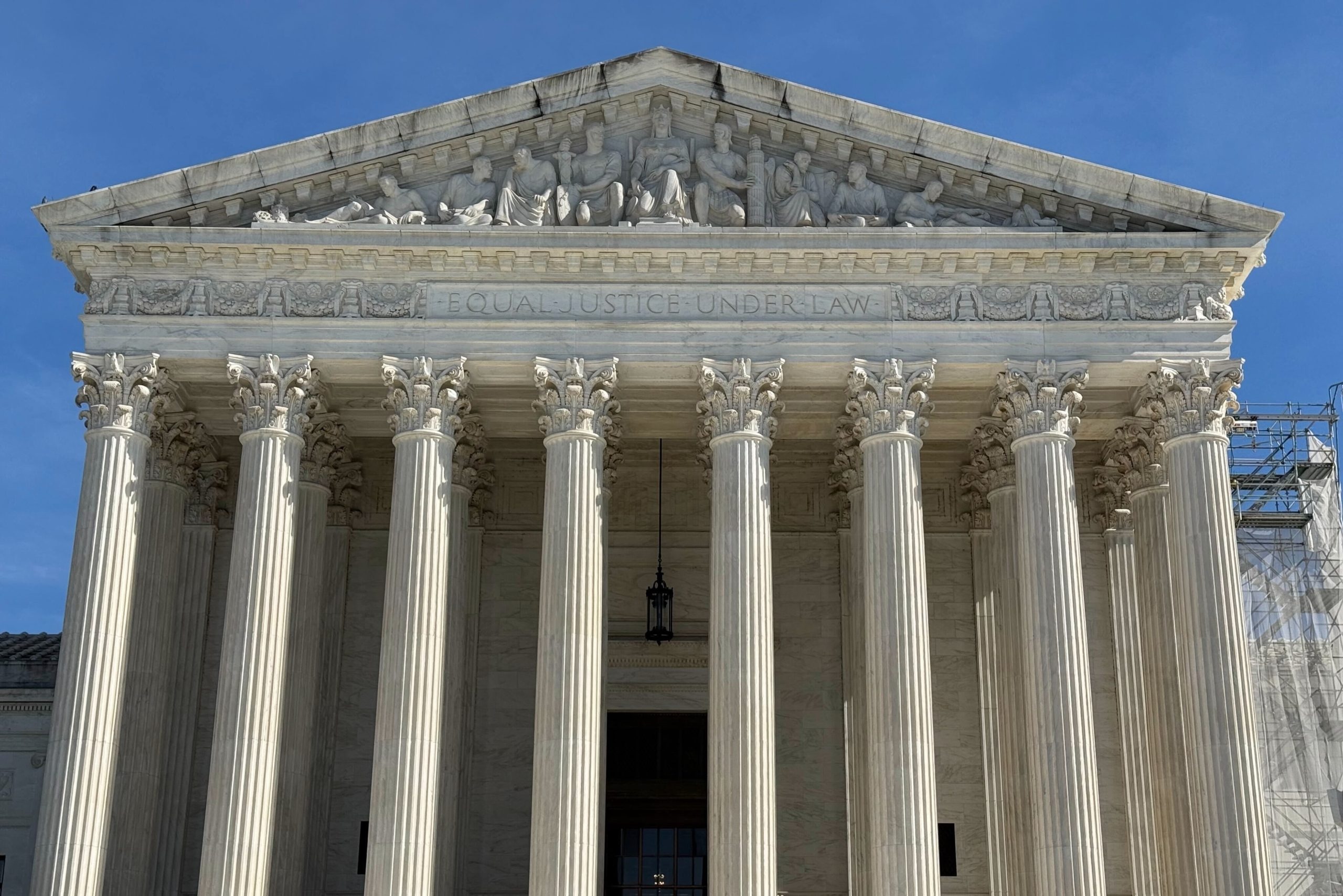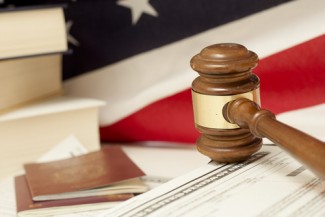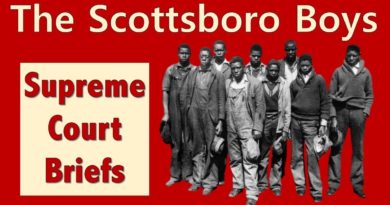The
EMERGENCY DOCKET
Lawyers for two different groups of states, as well as lawyers representing immigrants’ rights groups and several pregnant women, urged the Supreme Court on Friday to leave in place three orders by federal judges that prohibit the federal government from implementing an executive order by President Donald Trump ending birthright citizenship – the guarantee of citizenship to almost everyone born in the United States. Washington The The 14th Amendment provides that “
ll persons born or naturalized in the United States, and subject to the jurisdiction thereof, are citizens of the United States, and of the State wherein they reside.”
In an executive order signed on Jan. 20 and originally slated to go into effect 30 days later, Trump declared that children born in the United States will not be automatically entitled to citizenship if their parents are in this country illegally or temporarily.
Before the order could go into effect, several different challenges were filed in courts around the country. The Board Judge The Harris First They Noah This is particularly true, the brief filed by New Jersey and 17 other states (along with D.C. and San Francisco) added, when the Trump administration does not “even attempt” to challenge the underlying merits of the district courts’ orders.
Second, they contended, the court should not narrow the scope of the orders that the district courts entered, but instead leave in place the nationwide (sometimes described as “universal”) injunctions issued in each of the three cases. The Supreme Court has allowed nationwide injunctions when “necessary to provide complete relief,” Washington state explained, and in this case the whole point of the 14th Amendment was to “create a uniform, national rule for citizenship.”[a]Because “children often move across state lines or are born outside their parents’ home states,” New Jersey added, “any patchwork injunction” that covered only some of the states “would be both unworkable and fail to remedy the States’ harms.”
CASA and the Asylum Seeker Advocacy Project, the two immigrants’ rights groups challenging the president’s order in Maryland (along with several expectant mothers), emphasized that between them they have “more than 800,000 members, spread across all 50 states.” “The only workable way to ensure that the government respects the constitutionally guaranteed citizenship of all children born to those members during the pendency of this litigation is through a universal injunction.” Granting the government’s request to block the lower courts’ orders would lead to “chaos,” they said, because existing birth certificates would not be enough to prove citizenship for any child born in the United States – including those whose parents are both U.S. citizens.
The challengers also pushed back against the government’s suggestion that district courts more generally have been issuing too many nationwide injunctions that block the Trump administration from being able to “carry out its functions.”
CASA insisted that the number of nationwide injunctions issued this year “must be understood in proportion to the number of major policies announced through Executive Orders.” Trump, they stressed, “has already issued more than 100 Executive Orders in his second term, far and away the most ever for this point in a presidential term.”
And in any event, New Jersey continued, the fact that the Trump administration may be “frustrated by the scope of relief awarded in other cases, filed by other parties, involving other injuries and other administrability arguments,” does not justify the Supreme Court intervening in this case.
The challengers similarly resisted the government’s contention that keeping the district courts’ orders in place would make it more difficult for the president to “address the crisis at the Nation’s southern border.” CASA noted first that this case does not involve immigration, but instead the rights of people who are already in this country. The C






